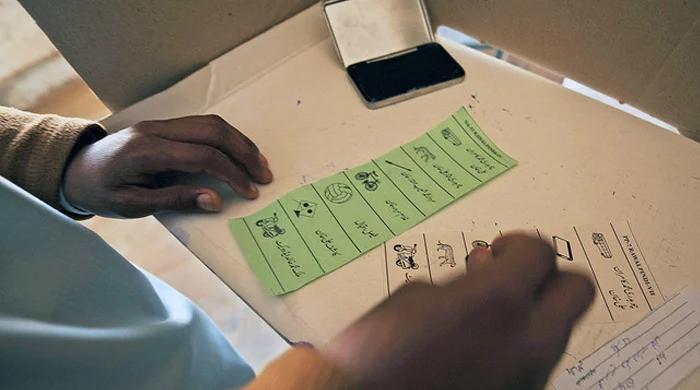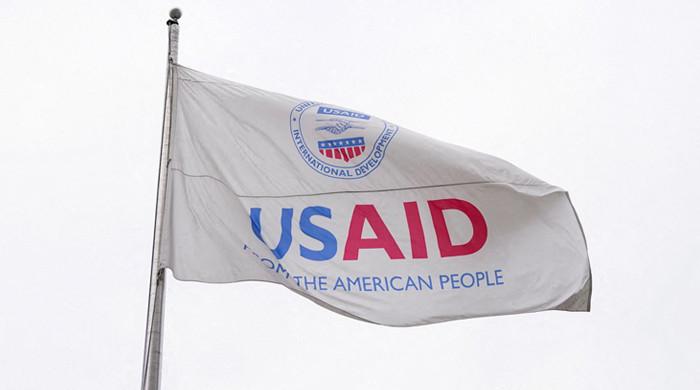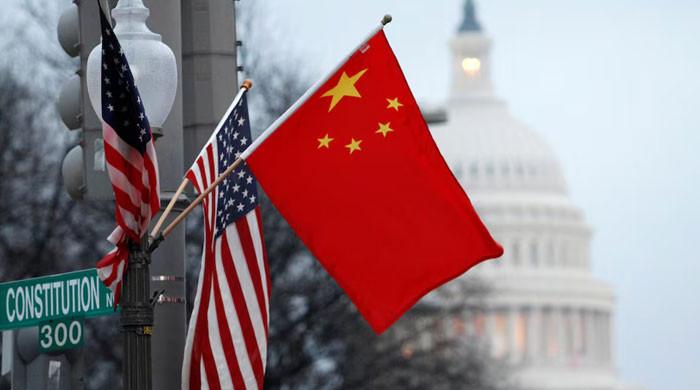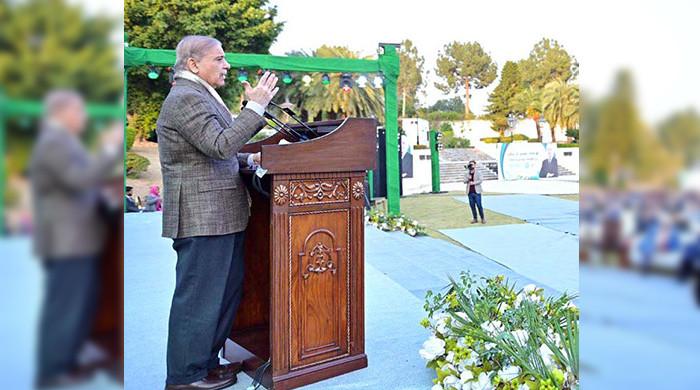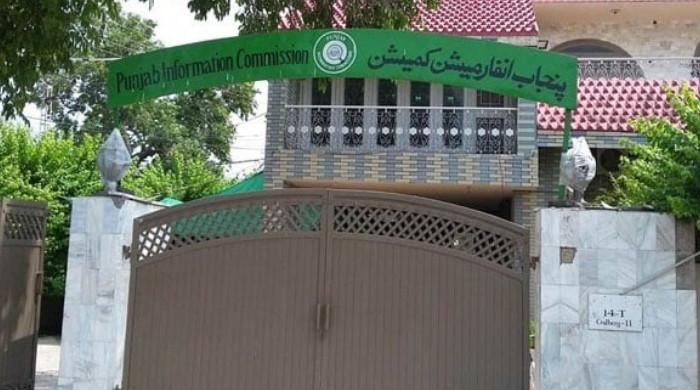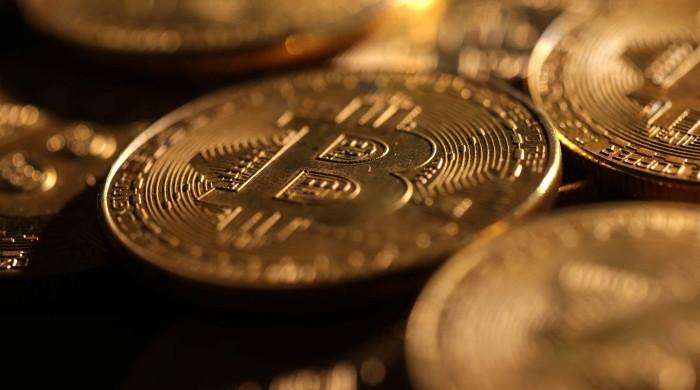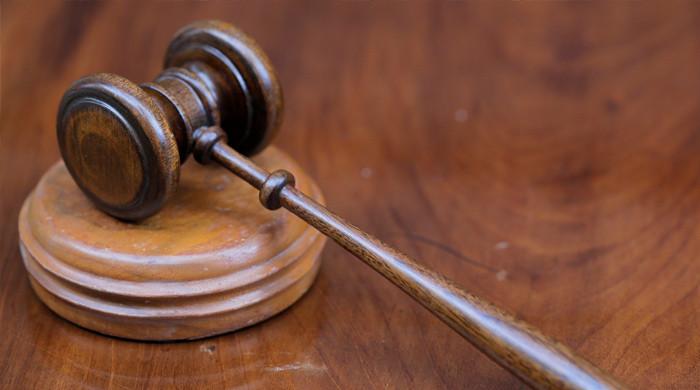A conversation with a young woman from Srinagar
“I spoke to my parents last on August 3, 2019,” says the young woman hailing from occupied Kashmir
January 06, 2020
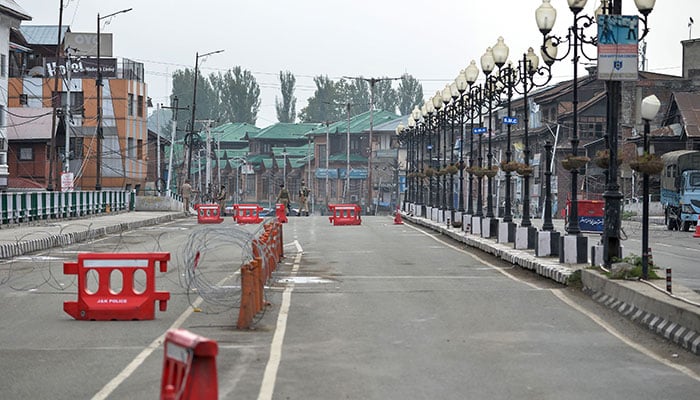
It was October or maybe November, when I met a young woman, in Karachi, hailing from Srinagar.
There was a conference on social media and its impacts at the old campus of the Institute of Business Administration (IBA). During our conversation, she told me that she had not been able to contact her parents residing in the Indian-held Kashmir since August 5.
She was worried since social media and telephone lines were down in the valley, closed by a country that prides itself in being 'largest democracy' in the world. What a contradiction, she added.
“I spoke to my parents last on August 3, 2019,” she told me. The young woman had come to Pakistan under a three-year exchange program at the university. She narrated how life was living under the constant military presence, explaining how going to school and college as a movement of resistance emerged around her.
“How are you paying for your expenses, college and hostel fee?” I asked.
“I have some relatives in Dubai and Malaysia,” she replied, “They help me.”
Everyone, she went on in near perfect Urdu and English, has been very kind and helpful in Pakistan, and she will always remember their love and affection.
Talking about the situation back home, she insisted that the Kashmir issue should have been resolved at the time of independence. “I don’t hold political views, but I have spent most of my college life being surrounded by conversations about what the solution to the Kashmir issue was.”
The young woman, whose name is withheld to ensure her security, spoke with such pain and anguish and her story is by no means unique. Thousands of Kashmiris have lost touch with their loved ones. Thousands of these young men and woman are demanding justice from the world’s so-called largest democracy — instead they are reminded of Hilter’s fascism.
In the last few months, the girl had also reached out to her relatives to try and get news of her family. Unfortunately, the shutdown of social media networks in the disputed valley made communication difficult.
This meeting was last year. I still wonder if she was able to hear her parent’s voice since then.
Indian-occupied Kashmir has been under lockdown for over 150 days. The internet closure is the longest ever in a democracy. Thousands of troops have been deployed across the Himalayan region to clampdown on any resistance.
Pakistan and Indian had fought over three wars since 1947, over the disputed Jammu and Kashmir. Hundreds and thousands have laid down their lives for the right to self-determination. The struggle took a decisive turn after the 1989 so-called election in Jammu, which gave birth to a new movement, which was initially led by the Jammu and Kashmir Liberation Front.
From Maqbool Bhat to Burhan Wani, Kashmirs have been demanding the right to decide their own future. The United Nations has also recognized Kashmir as a 'disputed territory' and called for a plebiscite to determine Kashmir’s status.
The rise of extremism in India, in the last few years, and the electoral success of the Bharatiya Janata Party has made life for Kashmiris more difficult. India can no longer claim to be a secular state. The recent discriminatory Citizenship Bill has further pushed and polarised the world's largest democracy, which claims to be secular.
Kashmiris should be given all their constitutional and fundamental rights. The least the Indian government can do is allow families to talk to each other in this time of crisis.
I hope there is some good news for Kashmir in the year 2020. I wish the young woman I met is reunited with her family and returns to a peaceful Kashmir.
It is difficult to forget the young student, who was strong, hopeful and determined. Just like her home.
Abbas is a senior columnist and analyst of GEO, The News and Jang.
The author tweets @MazharAbbasGEO




